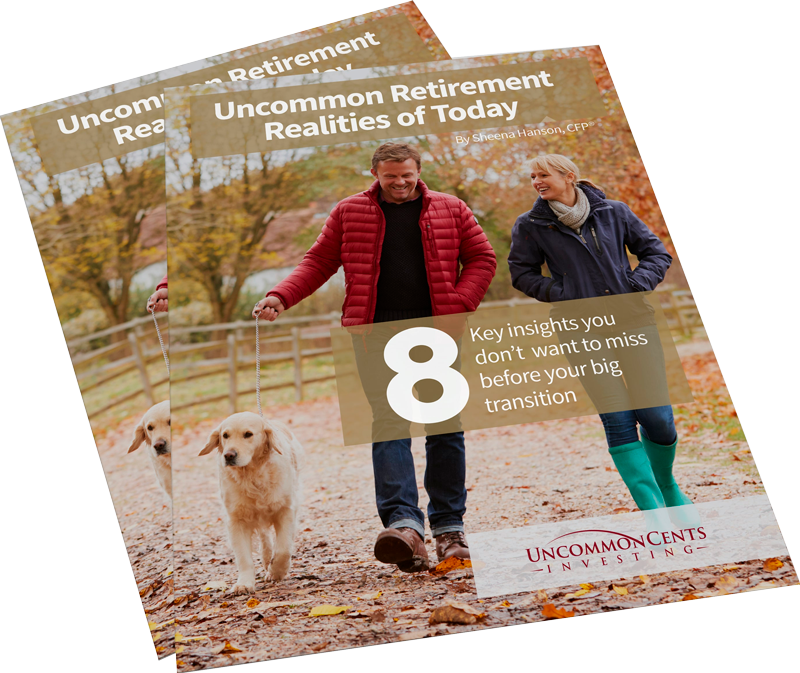Estate planning looks different for every client. For those with young children, it might mean designating a guardian and preparing for their financial future. For others, it will mean choosing someone to handle the administration of their estate, preparing for end-of-life care, or selecting the beneficiaries of their assets. Something also worth considering is how the cost basis of one’s endowments will affect their loved ones.
A legal tax loophole might help offset capital gains taxes for those passing appreciated assets to their heirs. Known as the “step-up in basis” or “stepped-up basis,” this tax provision allows certain types of assets – like stocks, bonds, mutual funds, and real estate or other tangible property – to be passed on at current market value instead of its original cost basis.
What is a Step-Up in Basis?
Upon a benefactor’s death, a step-up in basis resets an asset’s cost basis – the original value determined for tax purposes, typically the purchase price – to fair market value (FMV).
For example, let’s say Grandma June bequeaths you the home she originally purchased for $150,000. When you inherit the property, it has appreciated to a value of $350,000. Typically, the sale of appreciated assets triggers capital gains tax. But, under the stepped-up provision, this property will be inherited at the fair market value, and capital gains tax may not be due.
Remember that assets transferred prior to the owner’s death are not eligible for a stepped-up basis, and any assets sold later at a greater FMV will only be taxed on capital gains after the owner’s death.
Why is Step-Up in Basis Important?
Many of our clients have goals of leaving behind an inheritance for their loved ones and knowing that the heirs to their estate will receive substantial tax savings should provide great comfort. Because they will only be liable for the appreciation occurring on assets after death, your heirs may avoid paying capital gains tax entirely.
The rationale behind this tax provision is to forgive a potentially unfair and unrealized capital gain liability spanning decades. Grandma June may not have known the equity she had in her home, and she certainly wouldn’t want you to be responsible for such a tax burden!
Because beneficiaries must report any capital gain or loss when inherited assets are sold, establishing the cost basis upon the date of death is essential, whether assets are liquidated immediately or in the future. It is also important to note that not all endowments are treated equally upon the owner’s death. We’ll cover the eligibility of assets next.
Which Assets are Eligible for a Step-Up in Basis?
On the date of the owner’s death, the following assets are entitled to be “stepped-up”:
- Real estate – this includes primary residences, vacation homes, investment properties, commercial buildings, and multi-family residences
- Individual stocks, bonds, ETFs, and mutual funds
- Businesses and their equipment
- Home furnishings, antiques, art, and other collectibles
- Cryptocurrencies and NFTs
- Assets held in a living trust
Conversely, some assets will NOT step-up in basis (because the owner has already benefited from substantial tax breaks), and beneficiaries will be responsible for capital gains:
- Individual and employer-sponsored retirement plans and pensions – this includes IRAs, Roth IRAs, 401k, 403b, and 457 plans
- Money market accounts
- Real estate that was gifted prior to inheritance
- Assets held in certain irrevocable trusts
The Bottom Line
Capital gains taxes can become a significant expense for your loved ones. As a legal tax loophole, the step-up in basis allows beneficiaries to preserve their inheritance by utilizing the present-day FMV instead of the original purchase price when selling assets at a profit. To maximize the value of their inheritance, your heirs must discuss the step-up in basis with your estate’s custodian. The step-up isn’t usually triggered automatically, and businesses and real estate may require a professional valuation.
Contact us if you have questions on how the step-up in basis will affect your estate plan – and ensure that your assets and heirs receive the most favorable tax treatment!


